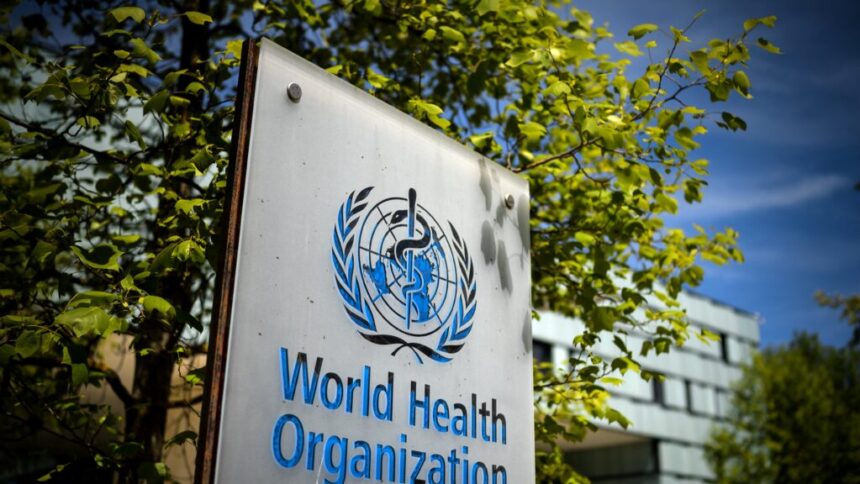The recent STAT Breakthrough East event in New York City was a resounding success, with attendees and panelists engaging in insightful conversations about the current state of science and healthcare. The event featured discussions on a variety of topics, from the impact of President Donald Trump’s return to the Oval Office on science to the challenges facing the adoption of GLP-1 drugs for diabetes and obesity treatment.
One of the key themes of the event was the changing landscape of science and healthcare under the current administration. Former CDC director Tom Frieden expressed concerns about the potential consequences of meddling with vaccines and measles, while former FDA lead Scott Gottlieb highlighted the need for caution in the health sector. Additionally, gene therapy pioneer Jim Wilson discussed the challenges and opportunities in the field of gene therapy, emphasizing the importance of addressing long-term safety concerns.
The event also featured a panel discussion on Bill Nye the Science Guy’s advocacy for raising awareness about ataxia, a rare movement disorder. The panel discussion evolved into a critique of current health leaders, highlighting the difficulties of navigating politics in the field of science.
In addition to the discussions at the event, there were updates on disability rights issues, with the Department of Justice rescinding documents related to the Americans with Disabilities Act and ongoing legal battles over disability rights legislation. The World Health Organization also issued a call for help in addressing a tuberculosis outbreak, citing severe disruptions in the global response to the disease.
Furthermore, there were concerns raised about potential layoffs at the Agency for Healthcare Research and Quality, as a result of funding cuts from the U.S. DOGE Service. The agency plays a crucial role in health research and quality improvement, and the potential layoffs could have significant implications for public health.
Overall, the STAT Breakthrough East event provided a platform for important discussions on the current challenges and opportunities in science and healthcare, highlighting the need for collaboration and innovation to address pressing public health issues. The Examination recently reported on the alarming trend of people around the world getting hooked on a new opioid that was marketed as a safer option by the pharmaceutical company Gruenenthal. The article highlighted the deceptive practices used by the company to push their latest opioid, leading to widespread addiction and devastating consequences for individuals and communities.
According to the report, Gruenenthal aggressively marketed their opioid as a safer alternative to existing pain medications, downplaying the risks of addiction and dependency. This misleading marketing strategy drew in countless individuals who were seeking relief from chronic pain, only to find themselves trapped in a cycle of addiction and withdrawal.
The article shed light on the devastating impact of this opioid crisis, with stories from individuals who had become dependent on the drug and struggled to break free from its grip. Families were torn apart, communities were ravaged by addiction, and lives were lost as a result of Gruenenthal’s deceptive practices.
The Examination also highlighted the lack of oversight and regulation in the pharmaceutical industry, allowing companies like Gruenenthal to exploit loopholes and push dangerous drugs onto the market. The article called for stricter regulations and accountability for pharmaceutical companies to prevent future tragedies like the opioid crisis.
In addition to the opioid crisis, KFF Health News reported on the alarming decline in diversity at medical schools and universities, warning of a chilling effect on efforts to promote diversity, equity, and inclusion (DEI). The article highlighted the Trump administration’s crackdown on diversity initiatives, which had led to a decrease in enrollment of underrepresented minority students in medical schools.
The article emphasized the importance of maintaining diversity in medical education and the potential consequences of a lack of representation in the healthcare field. It called for renewed efforts to support DEI initiatives and ensure that all individuals have access to quality healthcare regardless of their background or identity.
Overall, both articles underscored the importance of transparency, accountability, and inclusivity in the healthcare industry. They served as a wake-up call to policymakers, healthcare providers, and the public to address ongoing challenges and work towards a more equitable and safe healthcare system for all.








